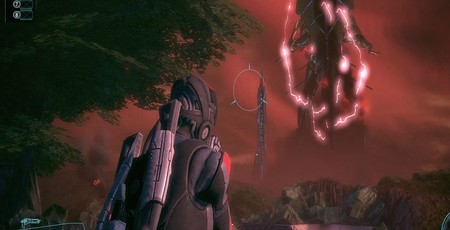
It was the tenth anniversary of the first Mass Effect this week, but I'm probably going to discuss all three games over the course of this article, because they are so fundamentally connected in a way that few, if any, other game series are. Indeed, this is perhaps Mass Effect's most significant feature, the way its story intertwines and carries over between the games, events occurring in vastly different ways depending on the player's actions. I also want to do this because I don't think the first Mass Effect is necessarily a great game in and of itself. But it is an extremely important one and a very interesting one.
Mass Effect was a game about humanity's newfound role in interstellar society, in which its own humanity got somewhat lost in the great and dark void of space. It boasted such scope and had to introduce you to so much, from entire civilisations both living and dead, to complex moral dilemmas, intergalactic politics, and twisted conspiracies, that the soul of the game and its wonderfully conceived characters didn't get a chance to shine as they did in the later sequels.
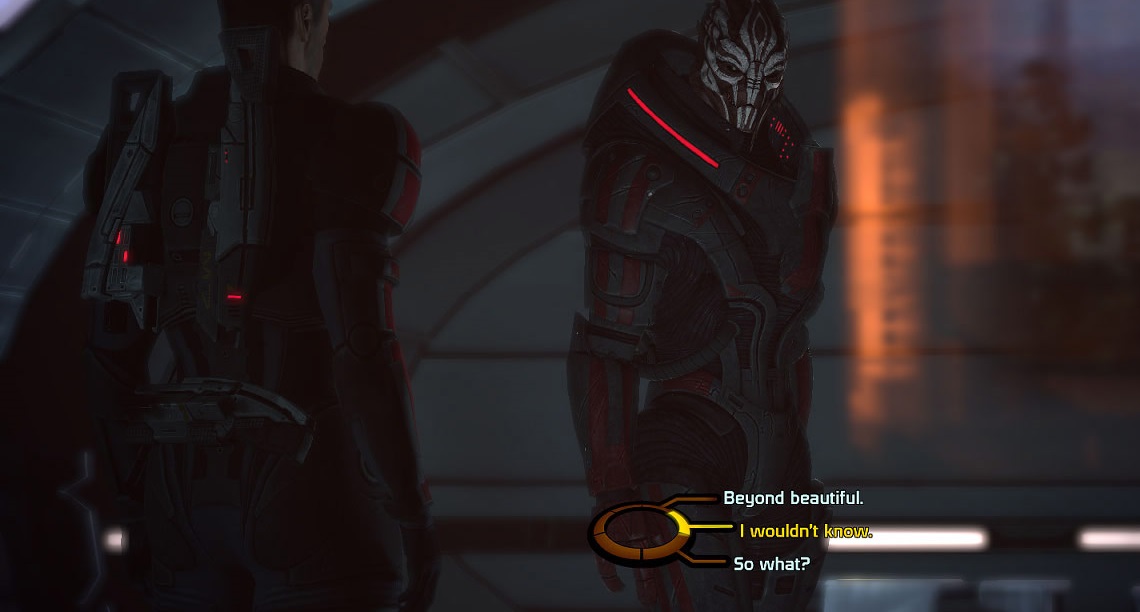
It was also something of a transitional game for BioWare, as the studio grappled with combining traditional RPG systems with a more modern cover-shooting mechanic and attempted to reinvent RPG dialogue into something that aped the pacing and drama of a film or TV show. Oh, and it wanted you to explore a huge and diverse galaxy, including dozens of unique planetary surfaces, while also telling this deep and richly layered sci-fi story.
When you look at it like that, it's little wonder that Mass Effect has moments where it stumbles. This is a game that does an enormous amount of legwork in setting up a universe. And it's only because Mass Effect does this work and makes the mistakes it does that the second and third game were able to go on to be the brilliant, expertly crafted games they are.
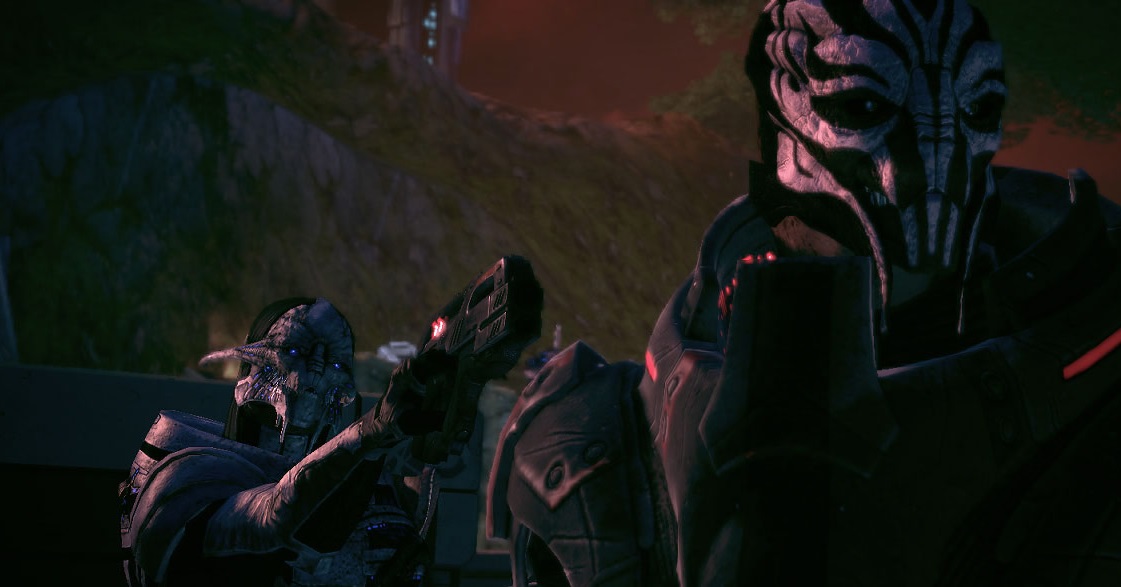
Take the beginning, for example. Mass Effect's start is slow and convoluted, commencing with a fairly lengthy mission on Eden Prime that throws a lot of stuff at the player without much context, before forcing you to explore the Citadel for several hours in a way that does expose the universe to you but also leaves you feeling rather nonplussed by it all. The second and third games, by comparison, have absolutely knockout introductions.
Then there's Mass Effect's whole approach to combat and RPG systems, which is baggy and confused, with one foot striding innovatively forward and the other rooted in convention. The result is a shooter that feels underwhelming and an abilities roster that lacks depth. For the second and third games, BioWare realised it had to make a choice, so it stripped out much of the mathematical side of role-playing and made the shooting both slicker and punchier, which suited the game's pacey storytelling down to a tee. In place of those D&D stats, it framed the game's systems around arguably the series' most important feature, the characters that form your party, building every aspect of the game around one of the best finales to any game ever made.
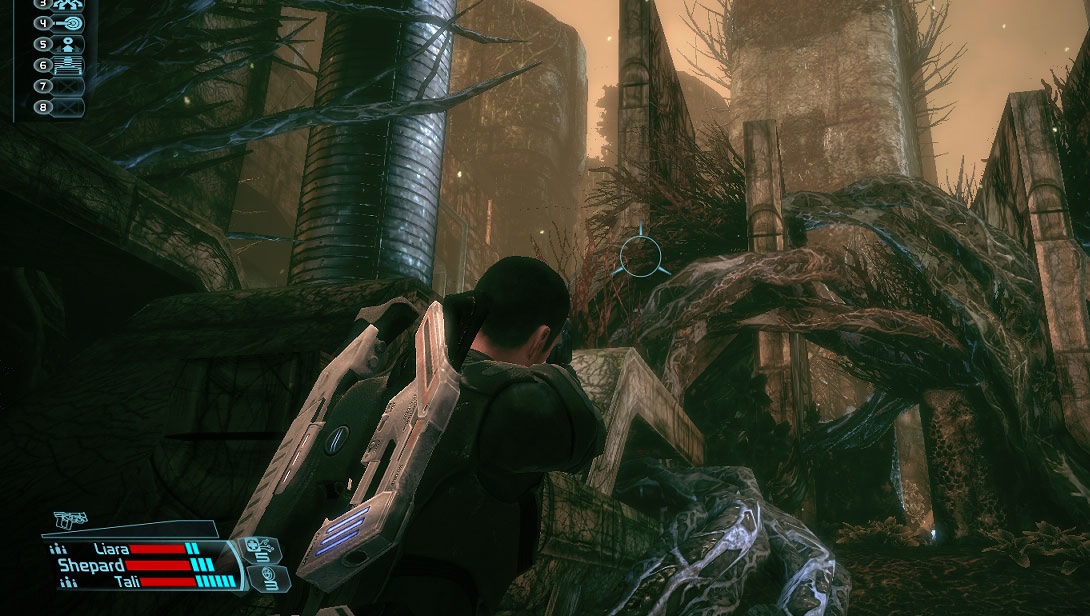
Mass Effect 2 is generally regarded to be the best of the bunch, and that's a sentiment which I agree with. But the moment that Mass Effect really becomes Mass Effect happens earlier than this. It happens in the first game, on the planet Virmire.
For most of its running time, the first Mass Effect is a fun but rather ponderous sci-fi adventure. All that changes at Virmire, where it's revealed the rogue Spectre Saren has discovered a cure for the Krogan Genophage, and the true threat of the Reapers is revealed. As well as the plot kicking up an extra two gears, it's at Virmire where the fight against Saren becomes real for the player. They are faced with the very real prospect of having to kill one of their own crew, and shortly after have to choose between the lives of two other close friends.
Virmire is the moment where Mass Effect clicks, where the developers realised what kind of game they were trying to make. Every other standout moment in the series, from Mass Effect 2's Suicide Mission to Mass Effect 3's curing of the Genophage, is cut from the template established by Virmire. And I think it's important to emphasise that this is because Virmire is handled so well, rather than being a flaw later rectified, as is the case with many of the first game's other influences on the sequels.
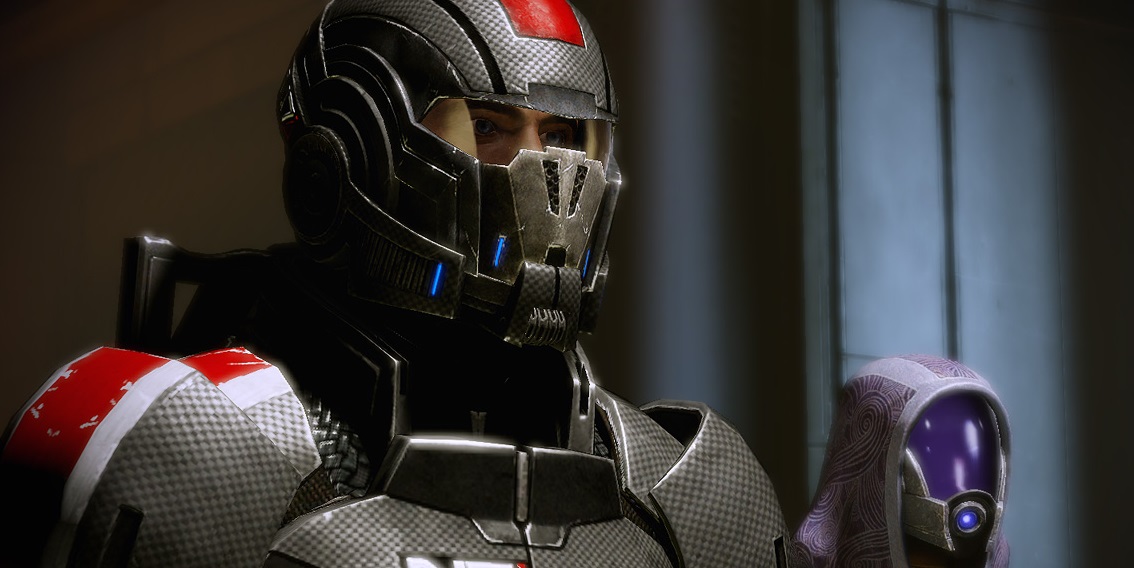
The other great and enduring idea that Mass Effect establishes is Shepard herself. Shepard is a masterful bit of game design, a perfectly balanced halfway house between a set protagonist and an avatar for the player to inhabit. Shepard has a distinct, if rather flat, personality, which the player can push in one of two ways, basically amounting to nice or nasty. Crucially, though, whichever way you mould Shepard, she's always the hero of the hour. It just comes down to whether she maximises or minimises collateral damage in the process.
While Mass Effect is generally outclassed in most areas by its sequels, there are a few things I think it does better than the others. Its representation of the Milky Way is the most alien, for example. The planetary surfaces you can explore in your Mako may become repetitive, but they also help to emphasise the strangeness of the wider galaxy in a way that the later, more linear planetary sequences don't. When you're driving across a barren moon with a blue sun blazing curiously dark light that burns through your shields, you really do feel like you're on another world. I'm still glad BioWare removed these sections, though, as their drawbacks simply don't justify their inclusion. This year's Andromeda acted as a stark and unfortunate reminder of why this was the right decision.
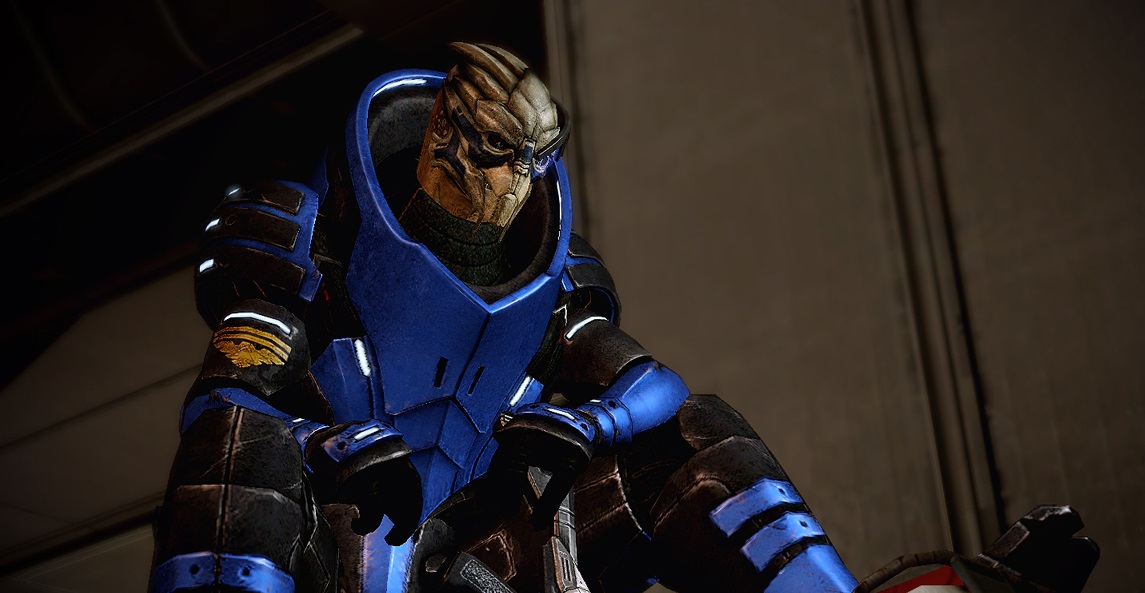
Thinking about Mass Effect ten years on, the overriding feeling is that I wish I had the time to sit down and play through all three of them again. I would dearly love to experience them back-to-back and watch these games and their wonderful cast of characters change and mature as the story progresses. I'd like to explore some different paths to the choices I'd made previously - assuming I can bring myself to make them; I can't help it! I really like Wrex! - and explore the intricate ways these games are able to change tracks. There are even a few bits I haven't played yet, like the apparently amazing Citadel DLC or the improved ending. It's a shame that Mass Effect's legacy is so dominated by that disappointing conclusion, because the journey you embark on up to that point is like nothing else in video-games.

MSI MPG Velox 100R Chassis Review
October 14 2021 | 15:04

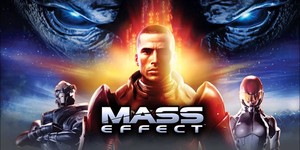

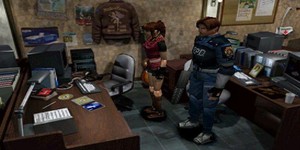





Want to comment? Please log in.